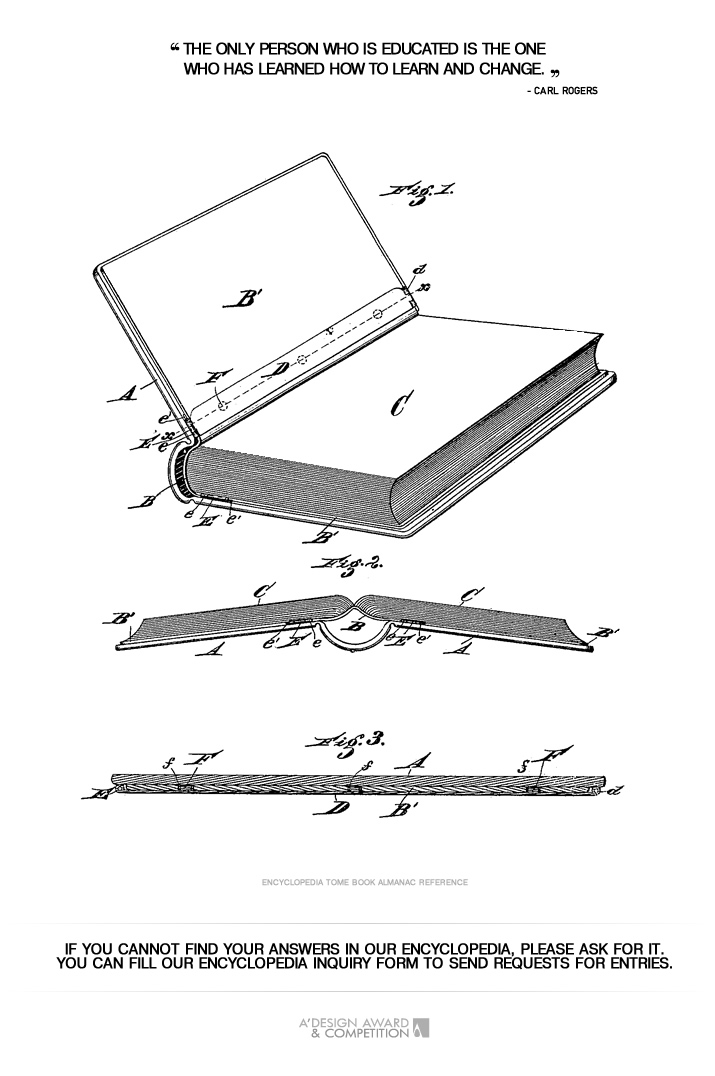
| THE AWARD |
| CATEGORIES |
| REGISTRATION |
| SUBMIT YOUR WORK |
| ENTRY INSTRUCTIONS |
| TERMS & CONDITIONS |
| PUBLICATIONS |
| DATES & FEES |
| METHODOLOGY |
| CONTACT |
| WINNERS |
| PRESS ROOM |
| GET INVOLVED |
| DESIGN PRIZE |
| DESIGN STORE |
| THE AWARD | JURY | CATEGORIES | REGISTRATION | PRESS | WINNERS | PUBLICATIONS | ENTRY INSTRUCTIONS |
All Have - Entry #479782 |
Home > Design Encyclopedia > 479782 |
 All Have
All Have
All Have is a fundamental design principle that emphasizes the universal accessibility and inclusivity of products, services, or environments to accommodate all potential users regardless of their abilities, age, or circumstances. This comprehensive approach to design thinking extends beyond mere physical accessibility to encompass cognitive, sensory, and emotional considerations, ensuring that design solutions are truly universal in their application and benefit. The concept emerged from the evolution of universal design principles and has gained significant momentum in contemporary design practice as societies increasingly recognize the importance of equitable access and participation. In professional design practice, All Have manifests through careful consideration of diverse user needs during the initial conceptualization phase, incorporating adaptable features, multiple modes of interaction, and flexible usage patterns that accommodate varying levels of ability and preference. This principle particularly resonates in public space design, product development, and digital interface creation, where designers must ensure their solutions can be effectively utilized by the broadest possible spectrum of users. The implementation of All Have principles often involves extensive user research, iterative testing, and consultation with diverse user groups to validate the accessibility and usability of design solutions. This approach has been recognized by design competitions such as the A' Design Award, which evaluates entries partly based on their universal accessibility and inclusive design features. The principle extends to considerations of cultural accessibility, economic feasibility, and environmental sustainability, acknowledging that truly inclusive design must address multiple dimensions of access and participation.
Author: Lucas Reed
Keywords: accessibility, universal design, inclusive solutions, adaptability, user-centered design, equitable access, design flexibility
 About the Design+Encyclopedia
About the Design+EncyclopediaThe Design+Encyclopedia is a crowd-sourced reference of information on design. Unlike other crowd-sourced publications on design, the Design Encyclopedia is edited and actively monitored and publishing is only possible after review of submitted texts. Furthermore, editors of the Design Encyclopedia are mostly consisting of award winning designers who have proven their expertise in their design respective fields. Information posted at design encyclopedia is copyrighted, you are not granted a right to use the text for any commercial reasons, attribution is required. If you wish to contribute to the design encyclopedia, please first register or login to A' Design Award and then start a new design encyclopedia entry.

If you did not find your answer, please feel free to check the design encyclopedia for more entries. Alternatively, you can register and type your own definition. Learn more about A' Design Award's Design+Encyclopedia.

